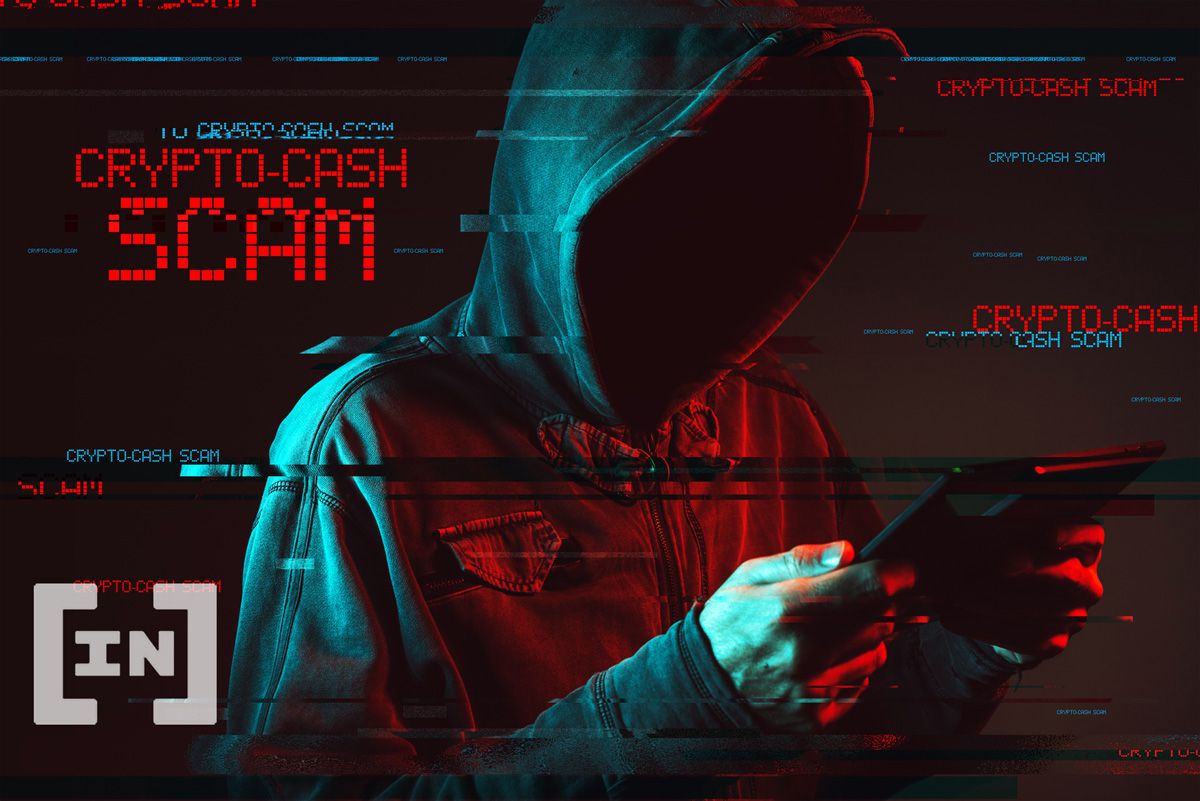Crypto Scam: How South Africans Lost Over $6.1 Million
The emerging financial scams involving cryptocurrencies is giving authorities in South Africa sleepless nights. Over the weekend, the National Consumer Commission (NCC) announced that 4,000 South Africans had lost R112 million ($6.1 million) in a bitcoin mining scheme called Obelisk.
With Obelisk, participants—who were recruited via social media—were encouraged to make investments in order to buy bitcoin mining equipment which they could use to generate daily income.The machines cost between R340 ($18) and R450,000 ($24,800).

After investing, participants were added to WhatsApp groups, and some reported receiving minimal returns from investments which prompted them to make bigger investments for the promise of bigger returns. The problem came when they tried—and failed—to withdraw the larger returns. When they confronted Obelisk admins, they were kicked out of the group and locked out of the system.
Read also : Egypt-based Fintech valU Acquires Minority Stake In Social Fintech Kiwe
The NCC received 25 complaints from victims who lost about R750,000 ($41,500), but its preliminary investigation shows that there were over 4,000 participants spread across eight WhatsApp groups who lost R112 million ($6.1 million). It declared Obelisk a multiplication scheme and urged South Africans to beware of such schemes.
The NCC also revealed that Obelisk is operated by non-South African citizens who are using South African bank accounts and either South African or non-South African cellphone numbers.
In 2021 alone, South Africa lost about R1.8 billion ($99 million) according to the Global State of Scams report.
The good news is that the South African government is moving to address these scams. Last Wednesday, the Financial Sector Conduct Authority (FSCA) announced that crypto assets in the country would be treated as financial products which will help authorities tackle fraud.
Read also : Crypto Assets to be Treated as Financial Products in South Africa
The FSCA also announced that starting next year, crypto platforms in the country will need to get licensed in order to continue operations.
Kelechi Deca

Kelechi Deca has over two decades of media experience, he has traveled to over 77 countries reporting on multilateral development institutions, international business, trade, travels, culture, and diplomacy. He is also a petrol head with in-depth knowledge of automobiles and the auto industry

